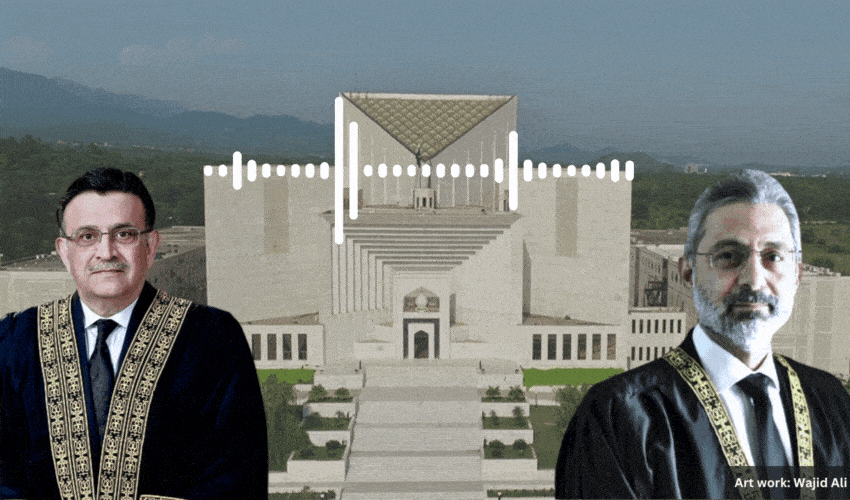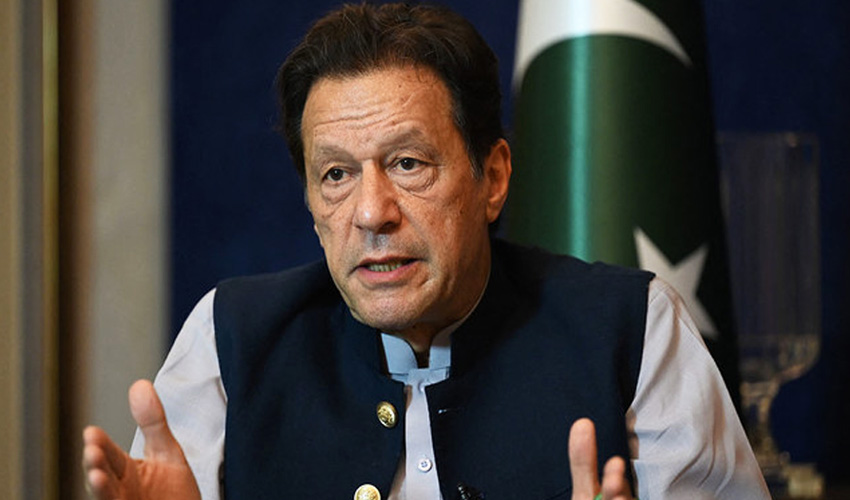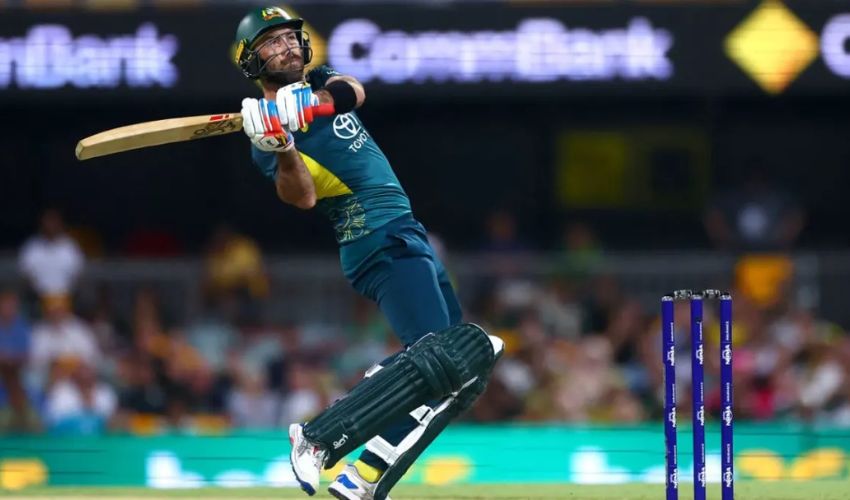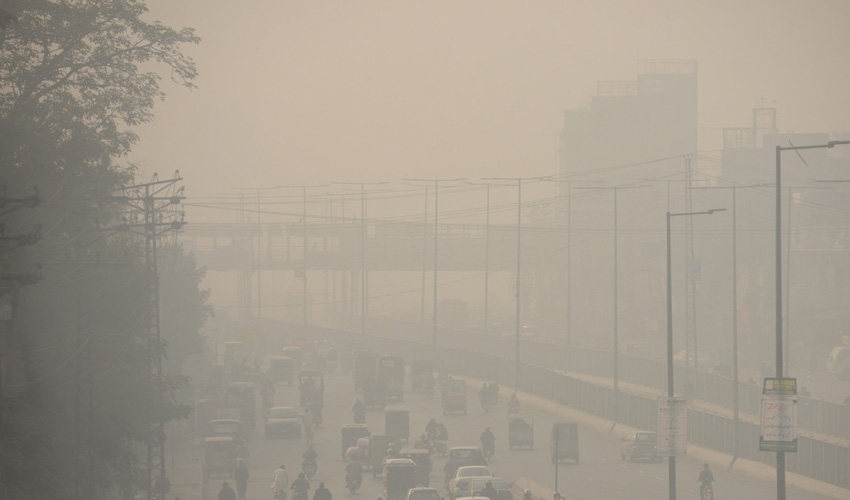The Supreme Court of Pakistan on Friday rejected objections raised by the Shehbaz-led government over the larger bench formed against the formation of a judicial inquiry commission probing into the audio leaks allegedly involving current and former members of the superior judiciary and their family members.
Justice Ijazul Hassan, in a reserved verdict, asserted that the government's objections to the judges amounted to an attack on the judiciary itself.
The court, in a unanimous decision, dismissed the previous government's objection petition against three judges, sending a clear message that the independence of the judiciary is non-negotiable, it added.
A five-member bench, previously tasked with evaluating Abid Zubiri's constitutional petition against the commission, had reserved its decision.
Centre forms commission
On May 20, the federal government constituted a three-member judicial commission to investigate the audio leak related to judges.
In order to investigate the audio leaks related to judges, the federal government has formed a three-member judicial commission.
The commission will comprise Justice Qazi Faez Isa, Balochistan High Court Chief Justice Naeem Akhtar Afghan, and Islamabad High Court Chief Justice Aamer Farooq.
A notification was issued saying the commission will be headed by Justice Isa. The notification also expressed concerns on behalf of the federal government.
The notification issued by the Cabinet Division says controversial audio leaks featuring a former chief justice of Pakistan are floating in the media. The conversation about judges raised serious concerns about their impartiality.
The audios of chief justices or judges of high courts have damaged public confidence, it further stated.
People have expressed concerns about the impartiality of judges of high courts, the document stated.
Petitions
Earlier on May 22, the Pakistan Tehreek-e-Insaf challenged in the Supreme Court the judicial commission formed to investigate the audio leaks.
A constitutional petition has been filed in the Supreme Court against the judicial commission.
The petition pleaded that the notification of the formation of the judicial commission should be declared null and void.
“No judge can be nominated for the commission without the permission of the Chief Justice of Pakistan,” the petition stated.
The only forum for investigation or proceedings against a judge is the Supreme Judicial Council, it added.
On May 20, the federal government constituted a three-member judicial commission to investigate the audio leaks related to judges and the judiciary.
Meanwhile, the Supreme Court Bar Association (SCBA) President Abid Zuberi also filed a petition in the top court against the formation of the commission, arguing that the body was in violation of articles 9, 14, 18, 19, and 25 of the Constitution. It maintained that the Constitution did not allow the tapping of citizens’ cell phones.
The petitioner inquired how the commission would issue an order without knowing the source of the audio recording.
It was also contended in the plea that the formation of the commission had interfered in the affairs of the Supreme Judicial Council (SJC).
The plea added that the recently surfaced audio leaks were tantamount to influencing the SC.
It further maintained that the audio recordings were being released on social media accounts in a systematic manner, and also maintained that the commission had ignored the quality of the audio recording during its proceedings.



























